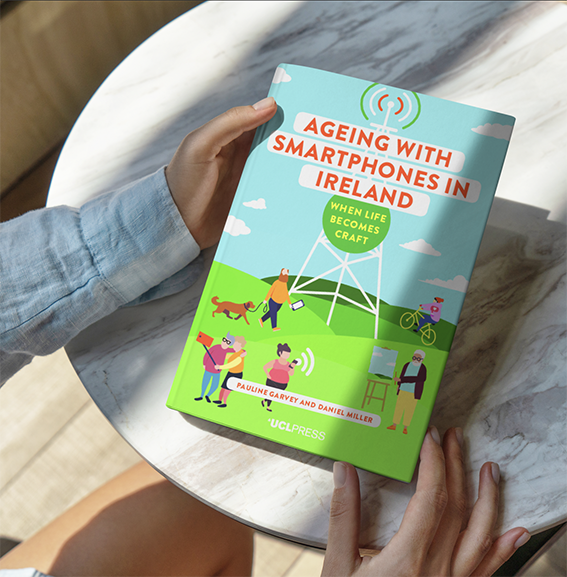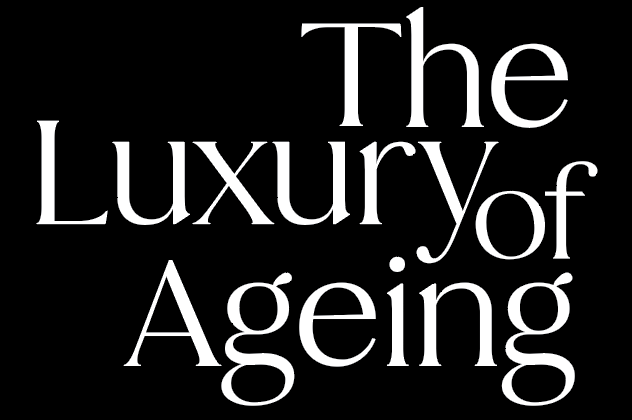Looking ahead, what do you see as the future directions for research and policy initiatives aimed at leveraging smartphones and mHealth technologies to promote healthy ageing and social inclusion?
The final book from our project is about the development of mHealth technologies, in which each chapter examines a different example of smartphone use, from helping in a chemotherapy clinic in Santiago, Chile, to keeping in touch with isolated older people in rural Japan. I have also just produced a game, with a colleague, to help people to learn about the relationship between diet and hypertension in Trinidad. It is called Trini Food Quiz and can be downloaded onto a phone.
In my book
The Comfort of People, published in 2017, I examined the work of the hospice and how new communication technologies can be valuable in helping older people, in this case with a terminal diagnosis, to retain their social connections when they become more immobile. A particularly important feature given the degree of loneliness and isolation amongst older people in the UK. The most important message of this book is to advance an attitude we call smart-from-below. In the past, policy, with regard to the use of new technologies, has tended to be dictated from above, with governments and corporations promoting the uses they imagine would be helpful. But in a world of smartphones, things have become just too diverse, and change too rapid. I believe this means that the source of genuine creativity and imagination as to how new technologies might improve the lives of older people has therefore shifted, and in the future the onus lies with older people themselves. It is we who constantly find new workarounds or create combinations of apps that suit our purposes. It is we who turned WhatsApp into a health app often preferring this to the bespoke apps created by health corporations, because we prefer to use the apps that are familiar and comfortable to us.
So we have reached the stage when policy needs to learn from us as much as the other way round. And that also gives a new role to anthropology, because we are the discipline that is embedded in community, and can be present and observe the creativity and ingenuity of older people as we craft our lives as we craft our smartphones.

